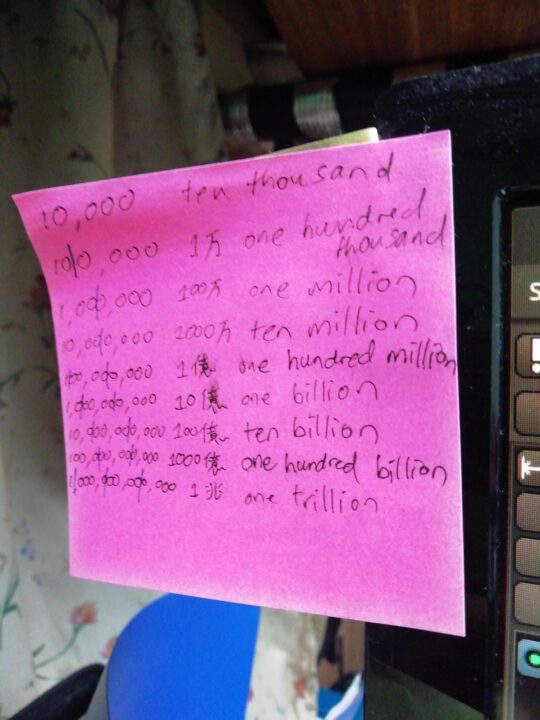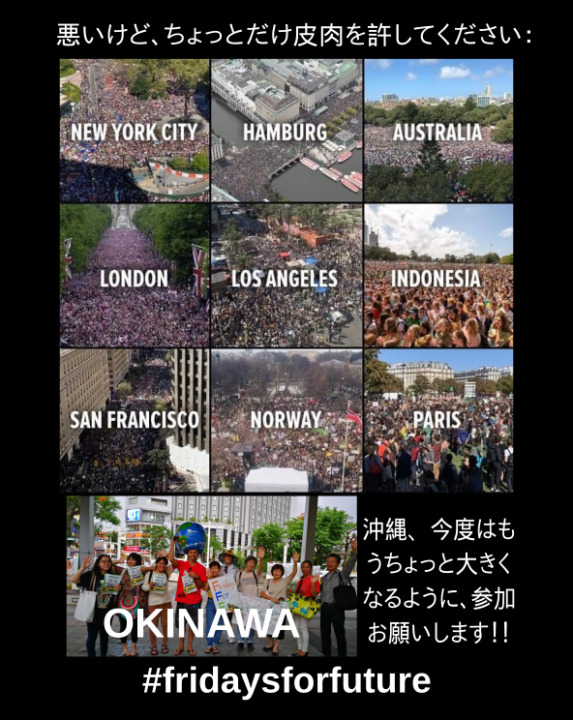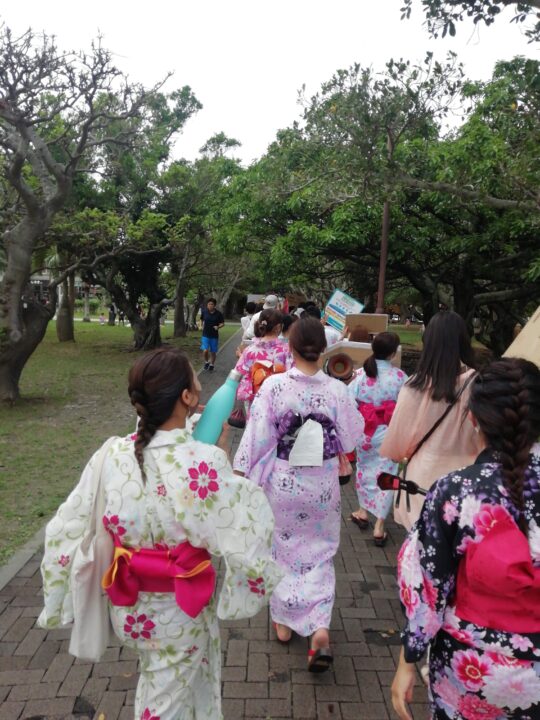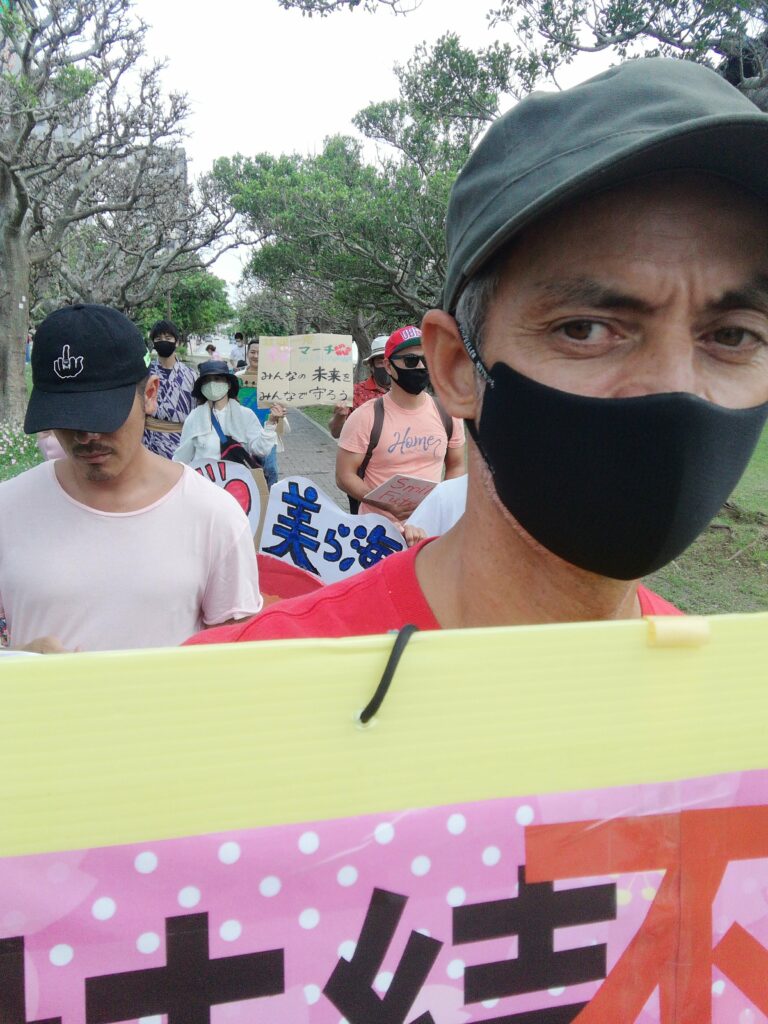2019年のclimate strike(気候マーチ)で世界中では600万人はエベントに参加したのに、日本で参加人数は僅かな6千人だけだったのはなぜでしょうか?と検討する記事を訳したりまとめたりしながら、少しコメントもさせていただきます。
今日の記事:
December 18, 2019
まとめ Summary:
In late September 2019, an estimated 6 million people joined climate strikes across the globe, demanding urgent action to address the climate emergency facing our planet. Rallies in global metropolises such as London and New York saw hundreds of thousands take to the streets. Meanwhile in Japan, a country of 126 million people, marches drew a combined total of less than six thousand. After the country had suffered months of record-breaking rains, floods and heatwaves – where were Japan’s climate strikers?
“When I look at the Asahi Shimbun’s Japanese website, there does not seem to be any mention of climate strikes, even overseas. The same goes for the NHK top page. Why not?” wrote Peter Cave, senior lecturer in Japanese studies at Manchester University, on a mailing list.
Many responses pointed to familiar problems with Japan’s media landscape: excessive government influence over the national broadcaster NHK, a press club system, and TV advertising that keeps broadcast media dominated by risk-averse conglomerates.
But environmental and political sociologist Jeffrey Broadbent shared results from his research showing that the volume of Japanese media coverage of climate change is about average among the 17 countries studied. Most Japanese people are well aware of the problem posed by climate change and new sustainability initiatives are constantly touted by the government and corporate sector. Perhaps, then, there are no climate strikes in Japan simply because the problem is well understood and seen as being proactively addressed?
“This is not to say that Japan is doing anywhere near enough,” DeWit ended his otherwise optimistic reflection. “Japan’s current policies, if practiced around the world, would heat the climate to levels incompatible with present human civilization,” says Charles Cabell, a Tokyo University professor.
“By constantly talking about climate change, Japanese corporations have successfully co-opted the issue in ways that avoid questioning mass- and over-consumption. As a result, many people have convinced themselves they are actually fighting climate change when they buy a new appliance, as long as it is ‘shо̄-ene’ or ‘energy saving’,” says historian Nick Kapur.
If the Japanese media is shy of confrontation then so too, it seems, are Japanese citizens. Kapur says that since Japan’s last major student led protest movements in the 1960s, both the state and broader public have collaborated “to delegitimize and even stigmatize street protest, especially strikes, and even ‘politics’ in general.” Indeed, Japan’s organizers for the September climate strike translated the action in Japanese as “climate march” to appear less confrontational.
Responses to Cave also highlighted what some describe as a relatively “authoritarian” education system that gives little value to critical thinking and prizes perfect attendance instead of skipping class to make a point about environmental issues.
Anthropologist Akihiro Ogawa, who pessimistically characterizes contemporary Japanese civil society – as well as notions of socially engaged citizenship – as having been largely depoliticized and co-opted by the state.
When even countries that saw massive climate protests are struggling to produce adequate climate policy, it is fair to ask if the radical demands of Japan’s nascent climate strike movement stand any chance in such challenging circumstances. But the planet will not stop warming until global carbon emissions end.
Hey Simon what do you think? 私に一コメントいわせていただければ・・・
I’ve been very interested in the climate problem since I was a university student twenty-five years ago, and so since there was nothing happening in Okinawa for FridaysForFuture I decided to try and do something, so me and a friend did a few events in Naha, but not many people attended, and that may be because I’m not a good organizer of events, but it may also be because in Japan people aren’t very politically engaged….
So, I joined a climate march on Saturday, I just went down on my own, but actually two of my university students were there, so it was great to meet them. And I really enjoyed, and had fun, joining the event, everybody was very young and there was lots of energy, and it was pretty fun I enjoyed it, I’ll go again.
If we don’t participate in politics nothing is going to change….
Hey Listeners what do you think? どうぞ自分の”一コメント”をメールで読ませてください
Why do you think Japan has these low levels of engagement with politics and with protest?
Do you think this is changing?
And what do you think we can do to help promote political engagement in Japan?
参考のリンク Related Links
https://www.thoughtco.com/why-protest-events-are-important-721459

数字の訳の計算・・・ 
今度のためににまとめた・・・

Credits:
Music by Kajiki
Sound Effects: https://freesound.org/people/tensaimon/bookmarks/
SNS: tensaimon (instagram: kusaimon)



